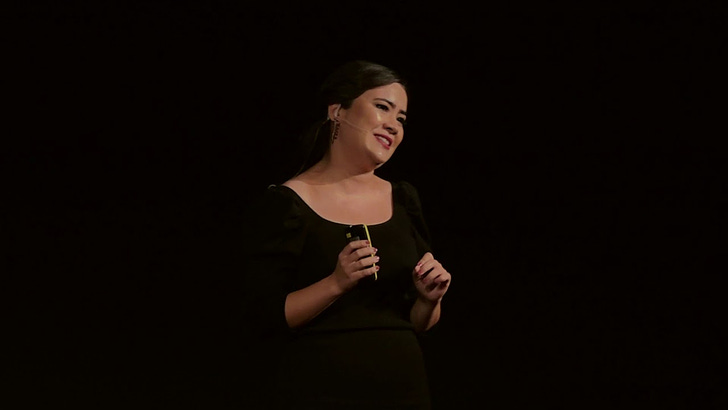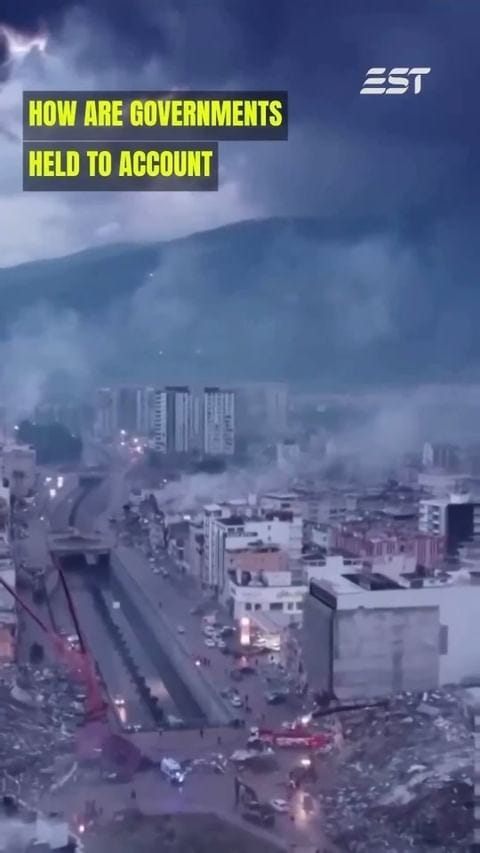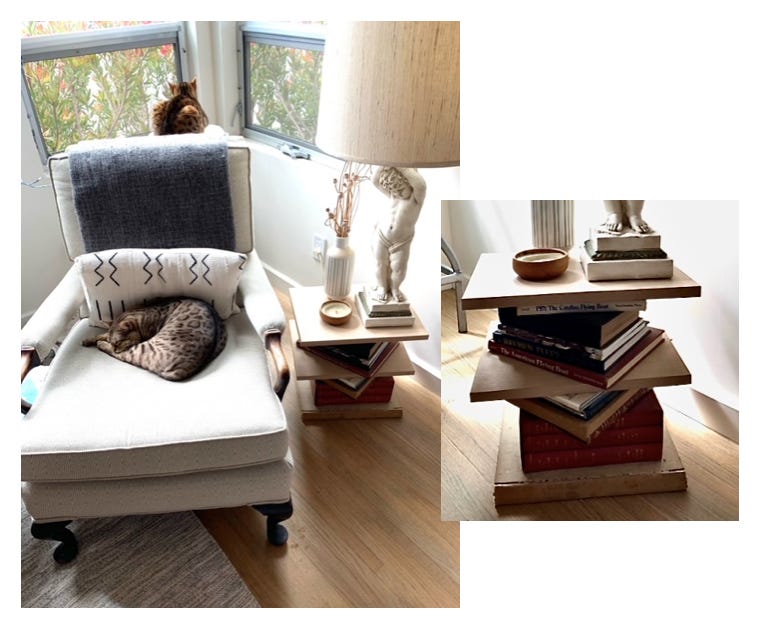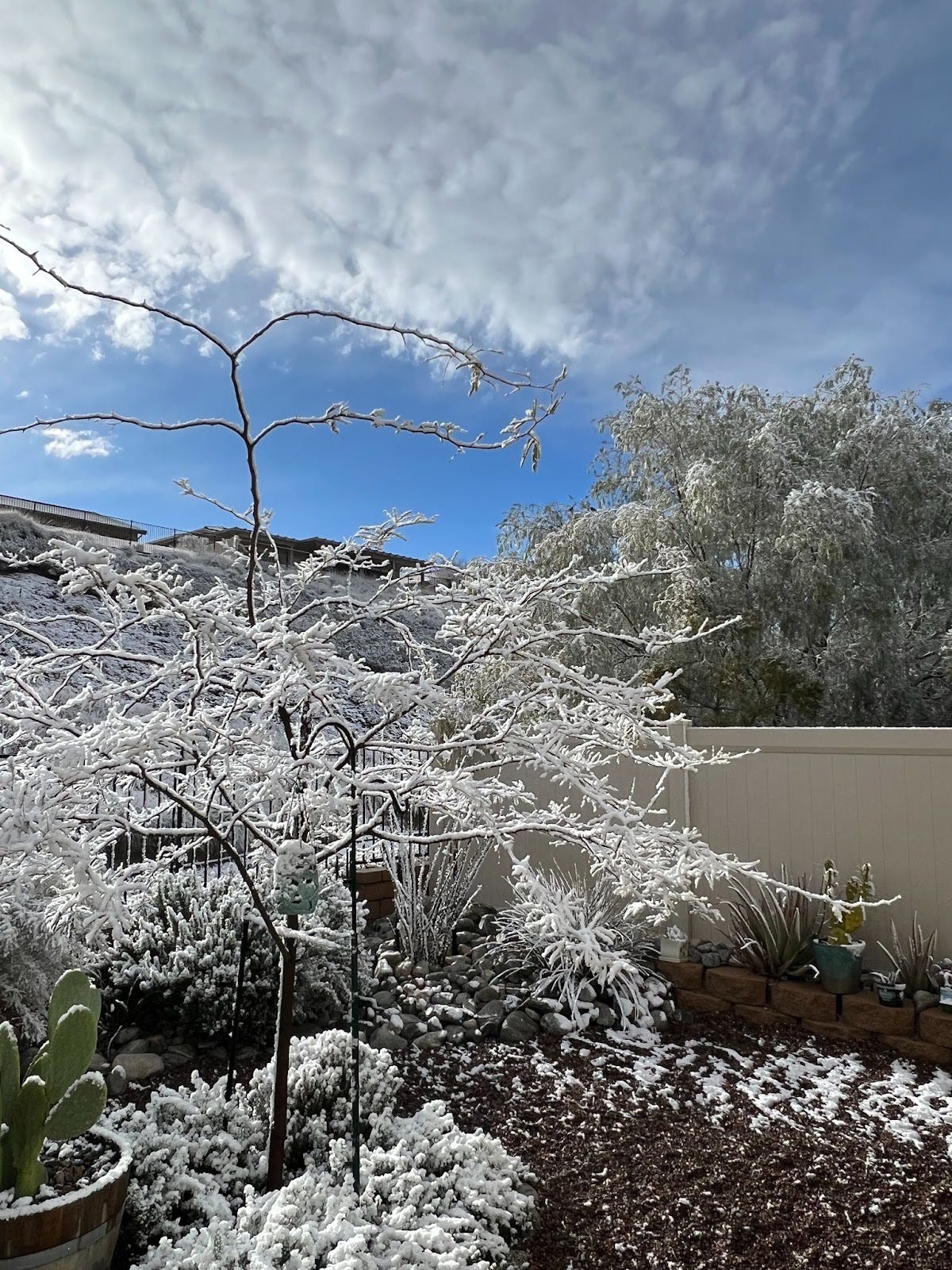Before we begin
Have you ever questioned the meaning of what you do in light of what’s happening in the world? How do you handle it?
Welcome! You’ve reached Spark. Learn more here or just read on. If you received this from a friend, please join us by subscribing. It’s free! All you have to do is press the button below. If you have already subscribed, welcome back! BTW, if this email looks truncated in your inbox, just click through now so you can read it all in one go.
Fellow Travelers Point The Way
HI Everyone, I’m not sharing any books this week. Instead, I’m sharing my encounter in life or on the page with three fellow travelers who helped me think about the stories we need to survive in a world that is burning. Each made me think differently about the stories I am writing, the ones I reach for, and the ones I tune into or turn off when they come across my screen.
If you’ve encountered an author or a story in a book, on the page, or on the screen that helped you think differently about how to navigate a life of relative good fortune when others are fighting for their lives, please share them!
Traveler # 1: Tania
A few weeks ago, I wrote to a friend who is Ukrainian and lives in Denmark with her partner, his children and, until recently, her sister, her niece, and nephew who fled to them from Ukraine. Her parents and brother-in-law and others remained in their village not far from Kharkiv. I wrote with some trepidation. Our last correspondence was both reassuring and frightening: “everyone is still alive” she wrote. She had thrown herself into volunteering and fundraising for Ukraine citizens and the military. I had not heard from her since.
I reached out, kept it short, told her we thought of her and her loved ones every night when he watched the news. Then I signed off with this:
“I continue to write and am happy to do it but sometimes I look up at the world around me and see the news and wonder how important this book can possibly be in the bigger scheme of things.”
She wrote back immediately with the welcome news that “Everybody is healthy and alive.” She shared news of herself and her family both in Ukraine and in Denmark. She wrote of being torn between the urgency of the war and the needs of the civilians and the military and the needs of her and those she loves. She wrote: “I realized that this war can continue longer, so I should learn how to live in this new situation.” Then she wrote something that brought me to tears.
“Betsy, about the book you are writing. I don’t think you should doubt its relevance in the mirror of this changing world. It’s always wonderful to read about relationships, about real life. Terror, disasters, wars, all those nightmares, which are mostly created by us humans, they should not take over a real life, a good life. A good book can make you feel calm and safe. You can think about it afterwards when walking in the park or suggest it to friends.”
Traveler #2: Alex Dobrenko
“I stand in that crack of light, from afar, sending my love.” - Alex Dobrenko, I was born in Odessa, Ukraine
Fellow Substacker
left Odessa in 1994 at the age of seven. He’s a comedian, a writer, a father, and an actor with a keen sense of the absurd and a heart that beats loud and honest in everything he puts out into the world. He has written about what it feels like to be here deep in the heart of his young family, making a living in the arts, when his birthplace is being torn apart by war. The day after the invasion he wrote about the struggle between living his full and safe life here and the shame this can trigger, both hallmarks of a privilege he would not have if his parents had not left their home and brought him here 29 years ago. A month later, he wrote a funny, touching piece about Odessa and the very human desire to laugh in the face of the worst life can serve up. He shared it again this week and I encourage you to read it and share it. Here are some of the lines that leapt out at me:“I am so fucking privileged, free to spend my days in a happy haze of the trivial, the mundane, the joyful moments of life you feel when you are safe. And then every once in a while come The Real Deal Things - poverty, cancer, war - the things that wake you up and go oh shit, none of this is a given, I am lucky, I am, dare I say, hashtag blessed.”
This is one of those times. The door cracks open and for a second I see what life really is - fragile and beautiful and fucked and even more fragile and more beautiful as a result.”- Alex Dobrenko, I was born in Odessa, Ukraine.
“Maybe being the self proclaimed humor capital of the world (still an incredible joke) has nothing to do with the quality of the jokes themselves, but something deeper, more essential: a proclamation that says “no matter how bad things get, we will still laugh, because when we laugh, we stay alive….
…I feel guilty most of the time - its not fair that I can live here, safe, and so many lose everything in Ukraine. And everywhere else across the globe, in countless conflicts that have no purpose …
…I imagine what it would be like to share these feelings with Alik [Alex’s grandfather]. He'd laugh and say "fair? what the hell is fair? Stop thinking so much and go kiss your wife, go watch your son try to stand. The hell is fair?" - Alex Dobrenko, Humor During Wartime
Before winding up his essay, Alex gifted this link to poet Ilya Kaminsky’s OpEd “Poems in The Time of Crisis” in the New York Times and I am, in turn, making a gift of it to you. If you click the link, you will be able to read the article whether you subcribe to the Times or not.
“I ask how I can help. Finally, an older friend, a lifelong journalist, writes back: “Putins come and go. If you want to help, send us some poems and essays. We are putting together a literary magazine.”
In the middle of war, he is asking for poems.” Ilya Kaminski, “Poems in The Time of Crisis,” New York Times
Traveler #3: Didem Tali
I met Didem Tali, now based in her native Istanbul, long before the recent earthquakes leveled entire cities in Turkey and Syria. She was in Cambodia. I was in San Diego. We were meeting on Skype to talk about a novel she was writing. Her draft was a wonderful read and very well written but it was her own story that fascinated me.
She was in Cambodia as a freelancer. She’d been all over the world in search of stories that she sold to Public Radio International, BBC, The Washington Post, The Guardian, VICE, and other outlets. No one had asked her to go to Cambodia or to Myanmar, Mongolia, or rural Uganda. She found her way there and found her way into stories that, more times than not, focused on the efforts of individual people or small groups who found a way to create something good in the face of much that is not.
In Myanmar she interviewed young women sold to sex traffickers by their own parents but she also interviewed a group of women who had founded a puppet theater that traveled from village to village telling stories that revealed the dangers of traffickers, using theater to educate. She reported on a man who returned home to Mongolia after earning money for years as a construction worker in South Korea and, when he saw children playing in a rubbish-filled ditch, built a park with his own hands for the children in his community.
A few years ago, she gave a TedX talk in Frankfurt Germany where she argues that the steady diet of “bad news” that makes those of us far from harm’s way feel helpless is not necessarily countered by the fluff at the opposite end of the spectrum of news coverage, but by more stories centered on how people use what they have to live lives of meaning and purpose.
“What I love most about these kinds of stories is that they show us that there is human dignity and creativity in every situation and I believe that these nuanced stories of resilience are the creme of journalism. They don’t just help us stay sane but we can learn how we can fix our world.” - Didem Tali, “Staying Sane When News Hurt” TedX Frankfurt
More recently, Tali created a video for EST Media about accountability for the earthquakes and ways to help:
Links for helping
If you’d like to help those in Ukraine, Turkey, and Syria, you will find links to vetted local charities in both of Alex’s essays ( I was born in Odessa, Ukraine and Humor During Wartime ) and in Didem’s Instagram bio.
ICYMI
When it comes to a life, does size matter? This question generated lots of great discussion last week along with some wonderful book suggestions in the comments section which I will make sure to highlight in upcoming issues. But don’t wait, if you missed it, go now and check them out.
If you’re looking for your next read, don’t forget to check out the latest posts from any or all of the #Bookstackers. This link takes you to all of them and all you have to do is click on the ones you want to go to their most recent posts.
And speaking of book stacks…
Here’s how another Sparker found a way to repurpose her book stack. Cynthia K. of San Diego writes:
“My Gramps was an aeronautical engineer. I needed a lamp table. With a smattering of inherited aviation books I hastily assembled a (temporary)stand. That was 8 years ago. So much for temporary. The chair? Also Grampsie’s. As for the cats, they are living their best life.” - Cynthia K., San Diego
Spark is Yours: Chime In
Have you just finished a book you loved? Tell us about it. Got a great resource for readers or writers? Share away! How about sharing your book stack with us, that tower of tomes rising next to your bed or your bath or wherever you keep the books you intend to read – someday. And if you stumbled on a Moment of Zen, show us what moved you, made you laugh, or just created a sliver of light in an otherwise murky world.
Thank you and Welcome
Thank you to everyone who has shared Spark with a friend. We are growing every week. Welcome to all new subscribers! Thank you so much for being here. If you would like to check out past issues, here’s a quick link to the archives. Be sure to check out our Resources for Readers and Writers too.
That’s it for this week. Let me know how you are and what you’re thinking about. And of course, always let me know what you’re reading. If there’s an idea, book, or question you’d like to see in an upcoming issue of Spark, let us know!
Remember, If you like what you see or it resonates with you, please share Spark with a friend and take a minute to click the heart ❤️ below - it helps more folks to find us!
Ciao for now!
Gratefully,
Betsy
P.S. And now, your moment of Zen…March Madness in SoCal
Mary N. of Southern California woke up to this on March 1.
Calling for Your Contribution to A Moment of Zen
What is YOUR moment of Zen? Send me your photos, a video, a drawing, a song, a poem, or anything with a visual that moved you, thrilled you, calmed you. Or just cracked you up. This feature is wide open for your own personal interpretation.
Come on, go through your photos, your memories or just keep your eyes and ears to the ground and then share. Send your photos/links, etc. to me by replying to this email or simply by sending to: elizabethmarro@substack.com. The main guidelines are probably already obvious: don’t hurt anyone -- don’t send anything that violates the privacy of someone you love or even someone you hate, don’t send anything divisive, or aimed at disparaging others. Our Zen moments are to help us connect, to bond, to learn, to wonder, to share -- to escape the world for a little bit and return refreshed.
Thanks for reading Spark! Subscribe for free to receive new posts and support my work.
And remember,If you like what you see or it resonates with you, please share Spark with a friend and take a minute to click the heart ❤️ below - it helps more folks to find us!







To answer the question at the top: yes. I often find myself asking, does the world really need my writing? And the answer is a resounding no, it doesn’t. But I need it, just as much as I need all (okay, most) of the written works I read, just to keep getting out of bed and walking through the burning world without going up in my flames myself, you know? So I keep doing it. I often feel like I should be doing more, to actually put out the flames. But it’s so overwhelming.
I'm going to say Yes, the world needs my writing. Just as we need all the stories of everyone else. Stories, personal stories, oral history were here long before books, and they helped us live, learn, survive. I'm currently reading Demon Copperhead (at a clip of 100-200 pages a day), thanking the stars that Barbara Kingsolver finally wrote the story of her people. I've written so many stories about my own people, and keep writing them knowing someday someone is going to want to know "whatever happened to those mid-Missouri hicks and their language? How did they keep going in the face of poverty, war, discrimination?" And the stories of my own life with all its various challenges. My story is that of many, not the majority, but enough. I read to learn about the world through the stories of its people.